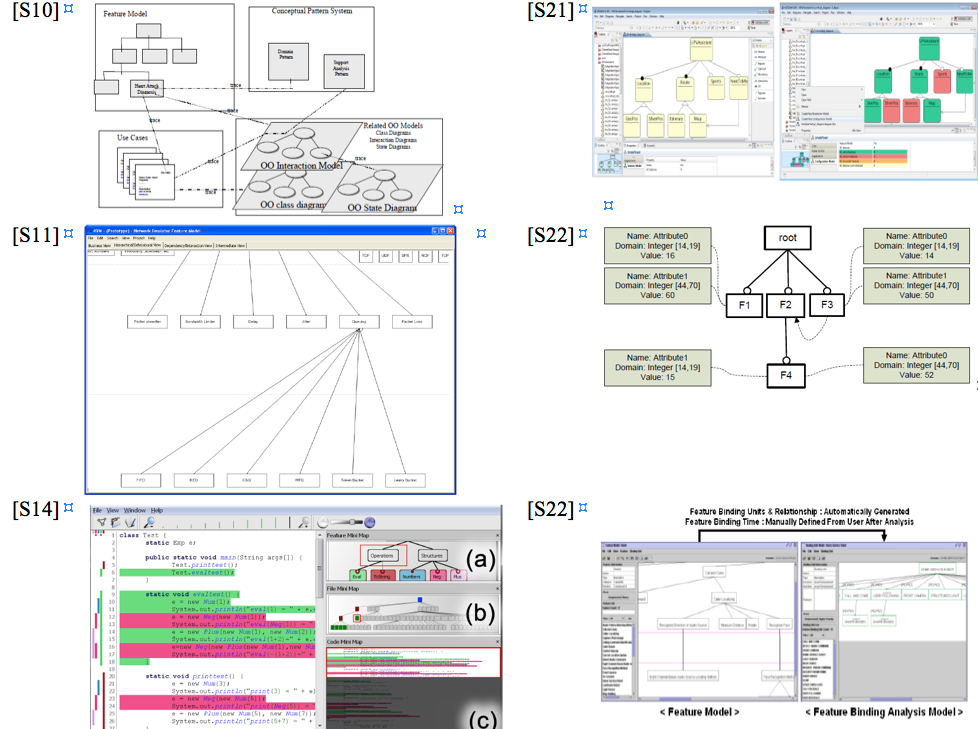
We report on a survey in which we analyzed 37 existing variability management tools identified using a systematic literature review to understand the tools’ characteristics, maturity, and the challenges in the field.
An essential activity in software product line engineering is variability management, i.e., defining and managing commonality and variability among member products. Due to the large scale and complexity of today’s software-intensive systems, variability management has become increasingly complex to conduct. Accordingly, tool support for variability management has been gathering increasing momentum over the last few years and can be considered a key success factor for developing and maintaining SPLs.
While several studies have already been conducted on variability management, none of these analyzed the available tool support in detail. In this work, we conducted a survey in which we analyzed 37 existing variability management tools identified using a systematic literature review to understand the tools’ characteristics, maturity, and the challenges in the field.
We found that while most studies on variability management tools provide a good motivation and description of the research context and challenges, they often lack empirical data to support their claims and findings. We also found that quality attributes important for the practical use of tools such as usability, integration, scalability, and performance were out of scope for most studies.
Rabih Bashroush, Muhammad Garba, Rick Rabiser, Iris Groher, and Goetz Botterweck. CASE Tool Support for Variability Management in Software Product Lines. ACM Computing Surveys 50, 1, Article 14, 45 pages, March 2017. http://doi.acm.org/10.1145/3034827
